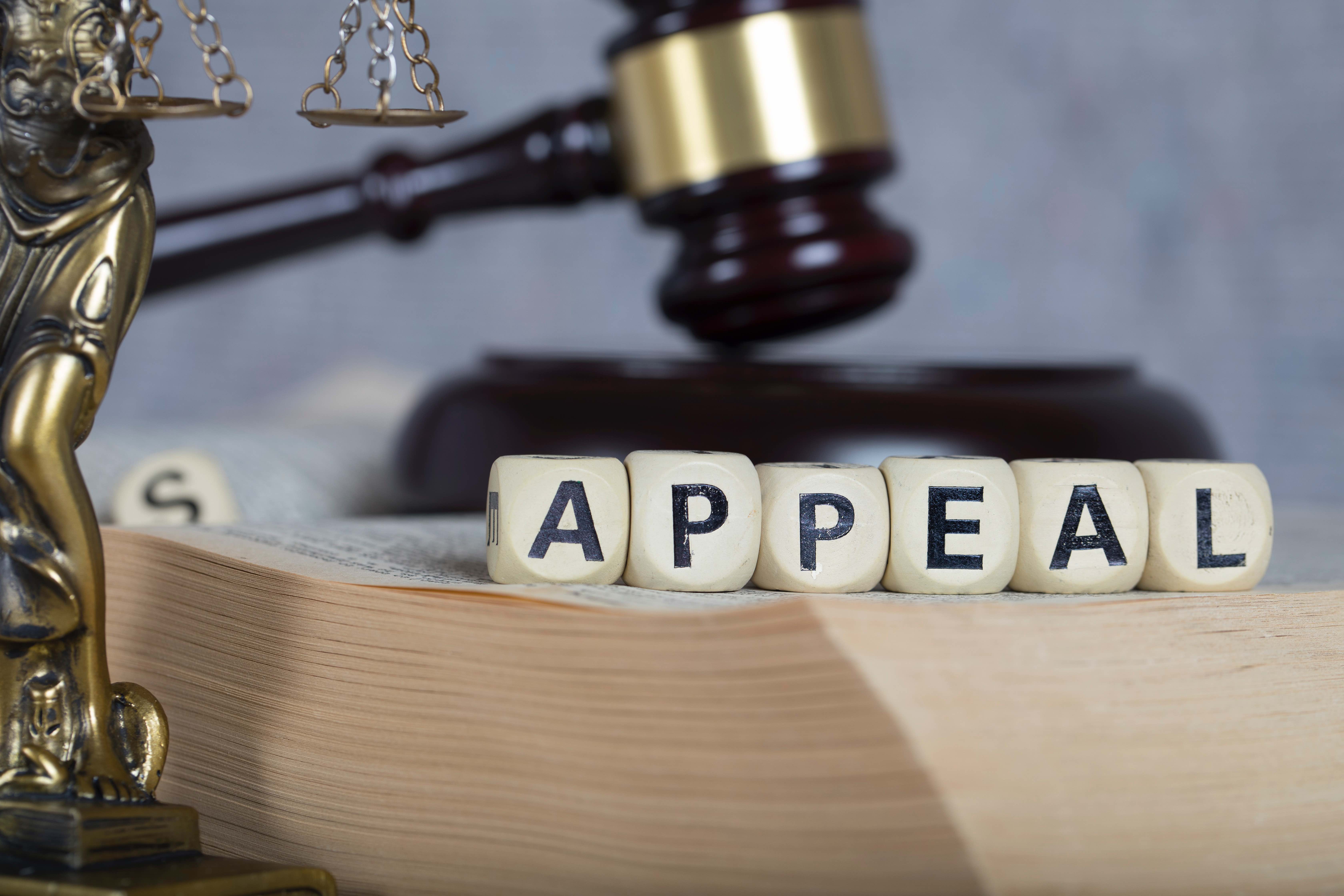High Court (Full Court). Appellant was born in what is now Malta in 1945, as a British subject. He then entered Australia in 1948 and became a UK citizen in 1949, retaining the status of a British subject. He held an absorbed person visa since 1994, until that visa was cancelled. He was never naturalised Australian and his parents were not Australian citizens. Can it be said that, because the Appellant had the status of a British subject when he arrived in Australia, he could not then have been conceived of as an "alien", with the result that he thereby acquired the status of a non-alien and therefore that he remains outside the reach of s 51(xix) of the Constitution?
Some of the questions to the High Court (HCA) were as follows:
Question 1: Can it be said that "the aliens power [under s 51(xix) of the Constitution] encompasses both power to determine who is and who is not to have the legal status of an alien and power to attach consequences to that status"?
Answer: KIEFEL CJ, GAGELER, KEANE AND GLEESON JJ: Yes.
Question 2: Can it be said that, "in determining who is and who is not to have the legal status of an alien, it is in general open to the Parliament to "treat as an alien any person who was born outside Australia, whose parents were not Australians, and who has not been naturalized as an Australian""?
Answer: KIEFEL CJ, GAGELER, KEANE AND GLEESON JJ: Yes. EDELMAN J: Yes.
Question 3: If the answer to Question 2 is "yes", did the decision of the High Court in Love create an exception according to which it is not open to the Parliament to treat as an alien an Aboriginal Australian according to the tripartite test in Mabo v Queensland [No 2]?
Answer: KIEFEL CJ, GAGELER, KEANE AND GLEESON JJ: Yes. EDELMAN J: Yes.
Question 4: If the answer to Question 3 is "yes", can a further exception be recognised "in respect of a person who was a natural born British subject and who commenced residing permanently in Australia before 26 January 1949"?
Answer: KIEFEL CJ, GAGELER, KEANE AND GLEESON JJ: No.
Question 5: Can it be said that, although "one aspect of the power in s 51(xix) of the Constitution with respect to "naturalization and aliens", as well as of the "immigration" power in s 51(xxvii), is the power to define a concept of "citizenship", ... Parliament's "power to define, for some purposes, who are members of the Australian community does not constitute a power to define the scope of the aliens power under s 51(xix)", otherwise the definition of alienage status would risk circularity?
Answer: GORDON J: Yes. EDELMAN J: Yes.
Question 6: Can it be said that "citizenship is a matter that is relevant to alienage, but it is not determinative of alienage"?
Answer: GORDON J: Yes.
Question 7: Would a person "born in Australia, to two parents who are Australian citizens, who is not a citizen of another country, and who has not renounced their allegiance to Australia" be an 'alien' within the meaning of the Constitution?
Answer: EDELMAN J: No.
Question 8: Is "the grant of statutory citizenship a constitutional ratchet so that, unless a person renounces their citizenship, the grant under statute of citizenship becomes irrevocable, taking the person beyond the power over naturalisation and aliens"?
Answer: EDELMAN J: No.
Question 9: Is the meaning of "alien" in the Constitution, or has it ver been, "any person who has not received Australian citizenship"?
Answer: EDELMAN J: No.
Question 10: Was there a "magic date when ... all British subjects who had no other connection to Australia which was capable of taking them outside s 51(xix) suddenly became capable of being treated as aliens in Australia"?
Answer: EDELMAN J: No.
Question 11: Is it "unnecessary in this case to ask how much earlier than 26 January 1949, if at all, a British subject could be treated by the Commonwealth Parliament as an alien within s 51(xix)", due to "the difference between essential constitutional meaning and its application", with such an application being determined at the time of the detention of the Appellant under s 189 of the Migration Act 1958 (Cth)?
Answer: EDELMAN J: Yes.
Question 12: Can it be said that "a person who today is outside the application of s 51(xix) [of the Constitution], such as an Aboriginal Australian or a person born in Australia to two Australian citizen parents, might tomorrow be within the application of that power"?
Answer: EDELMAN J: Yes.
The HCA answered those questions as follows:
The remainder of this article is only available to Case Law and Platinum subscribers.
Read our Terms & Conditions and upgrade below:
Monthly Subscriptions
Annual Subscriptions
Where GST applies, the above amounts are inclusive of GST.
Content Types
Basic Content includes basic news, some media articles and selected announcements.
Premium Content includes all our content, except for Case Law Content. In other words, it includes Basic Content, plus all our articles on legislative and policy changes, industry updates and the Migration Legislation Tracker.
Case Law Content includes Basic Content, plus case law summaries, analysis and extract, but does not include Premium Content.
Platinum Content includes Basic Content, plus Premium Content, plus Case Law Content. In other words, it includes ALL our content.
If you already have a Case Law or Platinum subscription, click on 'Login' below.











